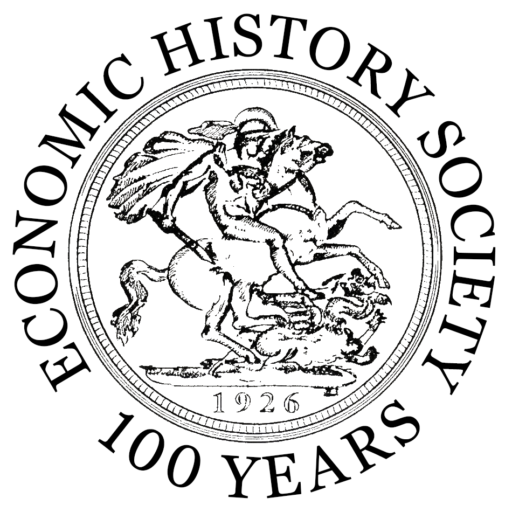Spanish stock returns, growth, and inflation, 1900–2020
Log in to access the full article.
This paper studies equity returns in the Madrid Stock Exchange and their connections with the macroeconomy from the emergence of a stock market around 1900 to its ‘big bang’ at the turn of the twenty-first century. Using high-quality data from primary sources and the methodology of the modern IBEX35 (published since 1987), we constructed an original index, the historical IBEX (H-IBEX), for the period 1900–87. With 120 years of monthly data, we empirically test the ability of stock prices to predict real economic activity, provide a detailed chronology of market cycles, and analyse their time-varying characteristics across stages of market development and macroeconomic regimes. We also assess the role of Spanish equities as an inflation hedge and compare their long-run investment performance in an international perspective. Our data confirm that the Civil War (1936–9) had only a moderately negative impact on equity wealth compared with other economic disasters of the twentieth century. In the long run, Spanish equities underperformed most European markets due to a massive destruction of financial wealth in the stagflation of the 1970s–80s and the transition to an open economy after decades of protectionism. This was the true ‘rare disaster’ suffered by Spanish investors in the twentieth century.

